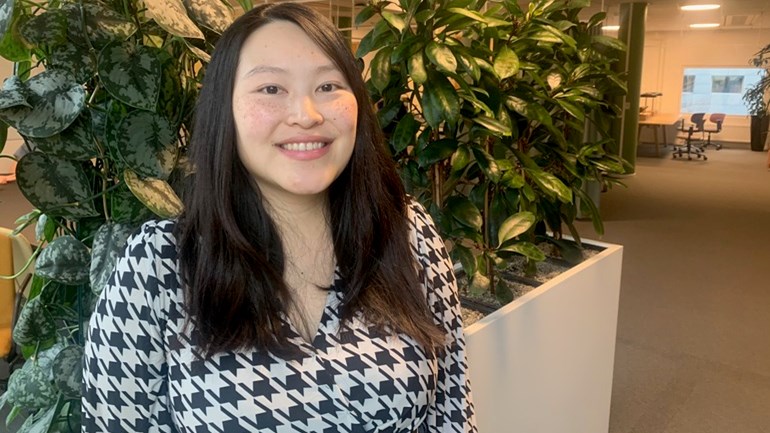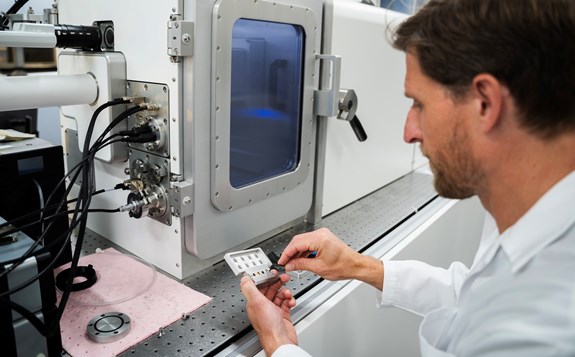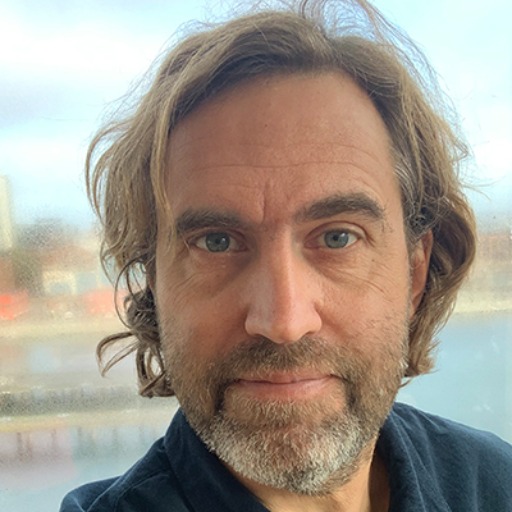Manipulating the immune system to fight disease and medical conditions

After focusing her research on haemophilia, Gillian Dao Nyesiga switched to investigating the impact of immune tolerance on a specific type of tumour.
Investigating how immunotherapy can improve the treatment of anti-drug antibody formation in haemophilia A and brain tumours was the subject of Gillian Dao Nyesiga’s dissertation; she is now working in a postdoctoral position with a leading Danish hospital.
Her thesis, Immune tolerance: induction and disruption for therapeutic immune modulation, examined how the body's immune tolerance can be influenced.
“Immune tolerance is beneficial, as it prevents the body from attacking its own tissue, which is the case in so-called autoimmune diseases like rheumatism or reacting against harmless substances such as biological medicines. But when it comes to certain brain tumours, cancer can exploit the mechanisms of immune tolerance to prevent the immune system from attacking it," explains Dao Nyesiga, who completed her doctoral studies at the Department of Biomedical Sciences at Malmö University.
Haemophilia is a type of blood disorder in which the blood does not clot properly because of a missing or dysfunctional clotting protein. People with the disease are injected with a protein called factor VIII several times a week.
“Thirty to forty percent of patients react negatively to infused factor VIII by producing antibodies. So, for them, the treatment is not effective. To help the immune system tolerate factor VIII, we developed an immunotherapy that tells the immune system that this is not a target for attack," explains Dao Nyesiga.
After three years of researching treatment for anti-drug antibody formation in haemophilia A patients in collaboration with biotechnology company Idogen AB, Dao Nyesiga shifted her research focus to investigating how immune tolerance influences a specific type of brain tumour, in collaboration with Rigshospitalet in Copenhagen.
“What intrigued me was that they represent two sides of the same coin with many similarities. We focused on the most common type of primary brain tumours, known as meningiomas, which are typically benign but can still lead to significant clinical symptoms and patient suffering.”
According to Dao Nyesiga, there are typically two treatment options for patients with meningiomas: either the tumour is removed surgically, and/or the patient undergoes radiotherapy. However, both treatments come with potential complications, so the aim was to investigate a third option based on immunotherapy.
“I focused on CD8+ T cells, also known as ‘killer T cells’, because they kill cancer cells. But these T cells can also be inhibited and weakened by cancer. So, I've been looking at how to restore and enhance the fighting ability of these T cells," explains Dao Nyesiga.

